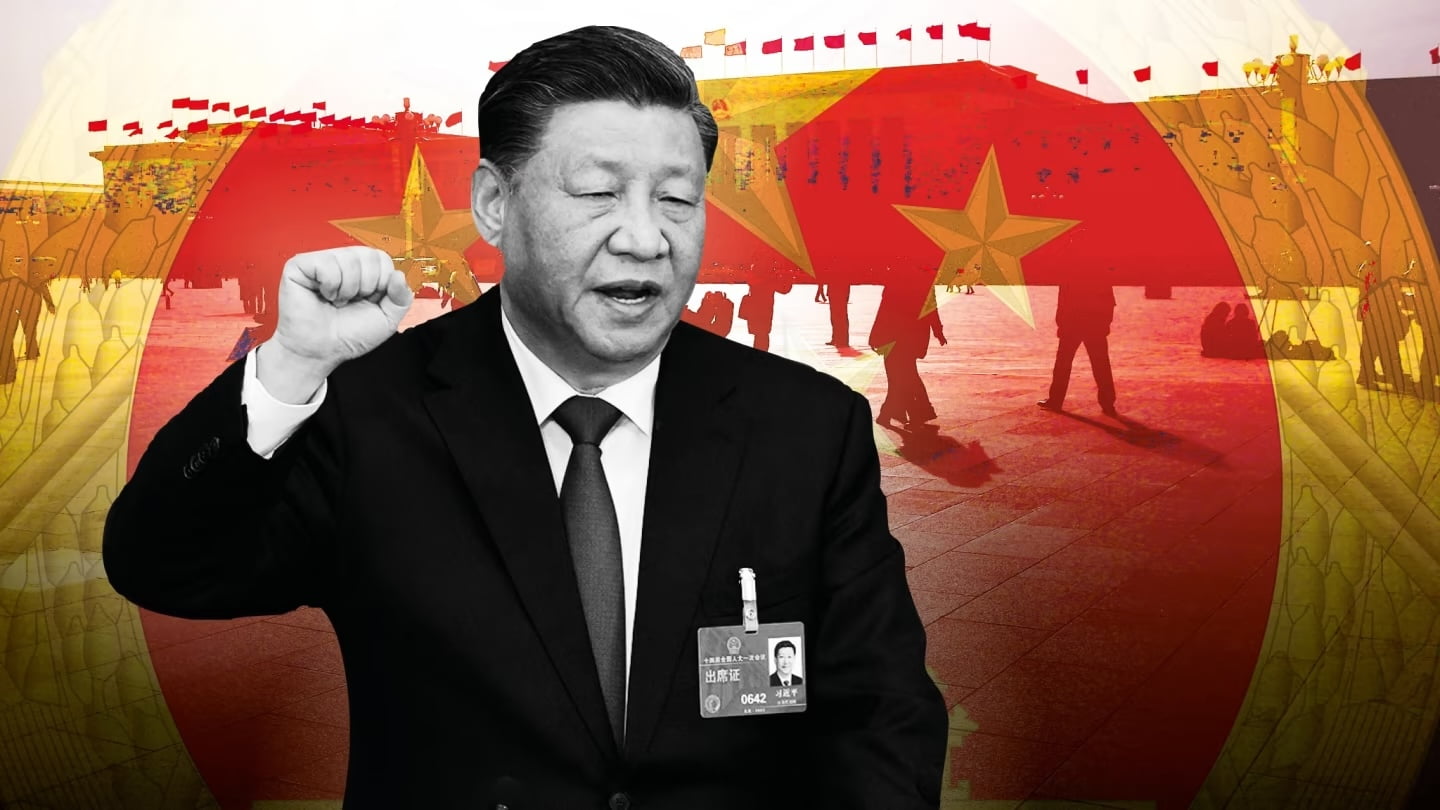As India undergoes transformative economic changes, it is witnessing a manifold development in its labour market and human resource practices. Shedding the shackles of the past, a substantial quantum of people are finding the idea of independent contract-based and freelance work appealing, marking the departure of typical 9-to-5 jobs. For starters, a decade ago or so, a job would mean getting a task done at a designated location where one would typically spend eight hours a day. This definition, however, doesn’t take into account the immense transformation the labour market has experienced in recent years, while severely undermining the evolved expectations of both employers and employees. Such changes, driven by economic instability, post-pandemic supply chain disruptions, inflation, wars in Europe and West Asia and the AI revolution, have popularised the concept of ‘Moonlighting’ in the global HR landscape.
The term moonlighting simply refers to the practice of dual employment, meaning an employee finds themselves working for two different employers of the same niche. Usually, it is assumed that the moonlighting employee has one full-time job and one part-time job. While several scholars and researchers have immensely contributed to the emergence and development of ‘Moonlighting’ as a scientific concept, there exists a certain dubiety regarding its meaning and definition due to the temporal proximity of the phenomenon. Nonetheless, the emergence of moonlighting as a popular concept upholds the new workforce revolution that is underway globally. India, with its world’s youngest population and half-a-billion labour force, is the new uprising stakeholder in it.
In 2020, India boasted 7.7 million workers engaged in the gig economy, which is expected to grow to 23.5 million workers by 2029-30. Statistics show that at present, 47% of gig work is in medium-skilled jobs, about 22% in high-skilled, and about 31% in low skilled jobs. Furthermore, moonlighting has risen to prominence in India’s IT industry.
Reasons for its Rise
All the views and opinions expressed are those of the author. Image Credit – Rapid.
About the Author
Satakul Choudhury is pursuing Bachelor of Commerce (B.Com) Hons in Accounting and Finance from Banaras Hindu University. He has a keen interest in international relations, foreign policy, HR and finance. He is quite proud to talk about his Assamese heritage, culture and food.



